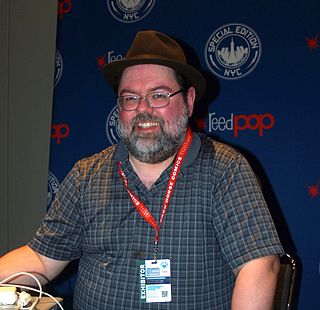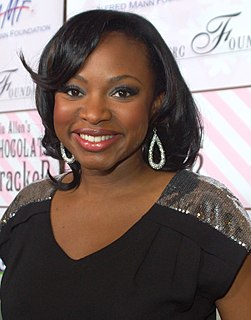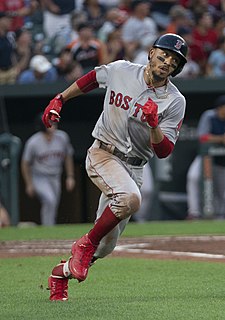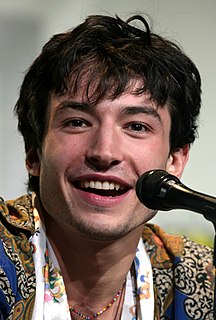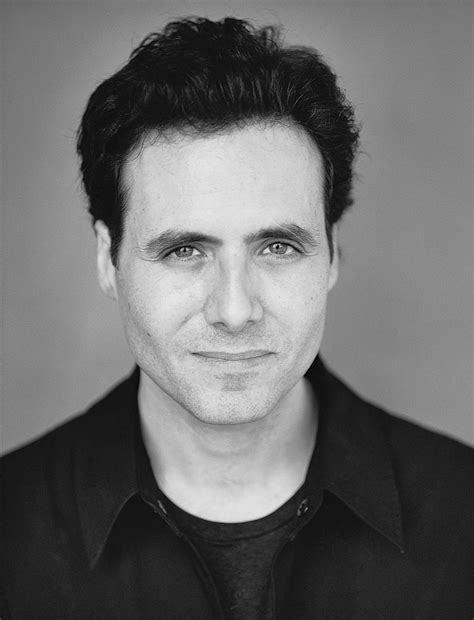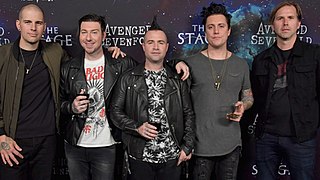A Quote by Jackson Pollock
I've had a period of drawing on canvas in black - with some of my early images coming thru -, think the non-objectivists will find them disturbing - and the kids who think it simple to splash a 'Pollock' out.
Related Quotes
Historically different groups find different things in each comics, as with *X-Men*. Gay readers find parallels to living a closeted lifestyle or choosing to come out and be openly gay. Black readers find a relevance to their lives growing up in America as a black guy. Picked-on brainy kids find a metaphor for being an outsider. It's a simple enough, and direct enough metaphor that it has different shades for different people. And so each reader to some degree gets out of it what they bring to it. That's one of the things I think that makes *X-Men* such a strong property.
When I think of the Harlem Renaissance, I think of bright colors, and bold, dynamic art. African American artists of the period were, in large measure, breaking out of the constrictions white society had set for them. They were claiming and remaking their own images, and doing so in bold and striking ways.
You had a flood of immigrants, millions of them, coming to this country. What brought them here? It was the hope for a better life for them and their children. And, in the main, they succeeded. It is hard to find any century in history, in which so large a number of people experience so great an improvement in the conditions of their life, in the opportunities open to them, as in the period of the 19th and early 20th century.
When I think back, I felt like I had the life that a lot of white American kids grew up with in the suburbs in the States. I started noticing, as Apartheid's grip weakened, that we had more and more black kids at school; I had more and more black friends. But I never really saw a separation between myself and the black kids at school.
I think there's a whole group of kids out there that don't relate to the glitz and glamour of hanging out in clubs and partying all the time. So I think some people are just more real than that, and I think our fans are those kind of kids that need something to relate to, and I think we're the band to do it.
I think a bigger difference with social media is going to be things like the impact Instagram will have for historians. For the longest time, we had no images of the past. And then when we had the advent of the camera, we had a record of the things people chose to photograph, which, for a while, were portraits of your family, a new building we built, or a really big horse. Well now we have images of everything. That will be the biggest difference I think - that we will have a visual record of this reality in a way that will be completely covered.
It's very necessary, showing the positive aspect of a black father. We see a lot of black women being the head of the household and holding the house down, but I think we need to have those images because there are black fathers out there who are doing the same thing and who are the glue to the family. That's who Black Lightning is.
We were coming out of the black community with this thing called rap music, which was basically black men yelling at the top of their lungs about what we liked and what we didn't like. It was disturbing to the status quo. It really shook things up. And those in power didn't know what to make of us, but they knew that we had to be silenced, stopped in any way from expressing our outrage.

